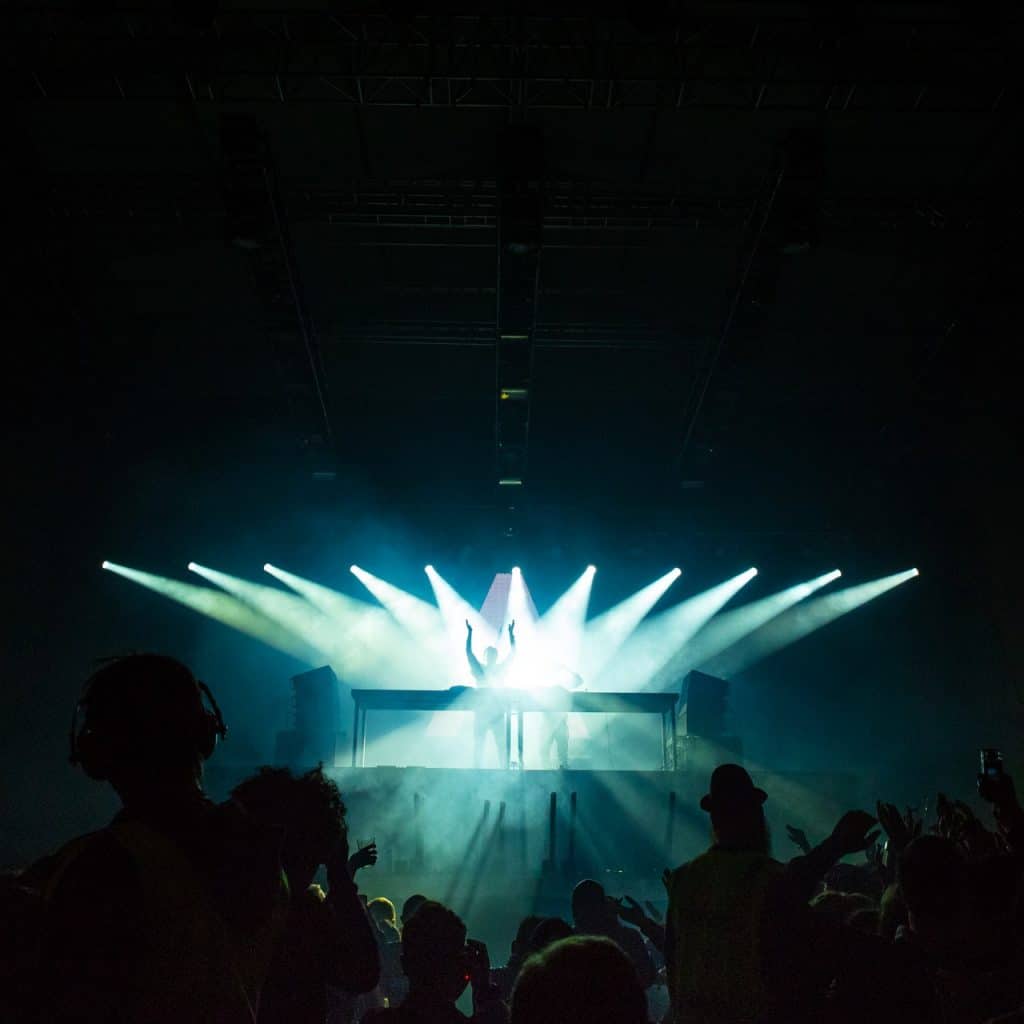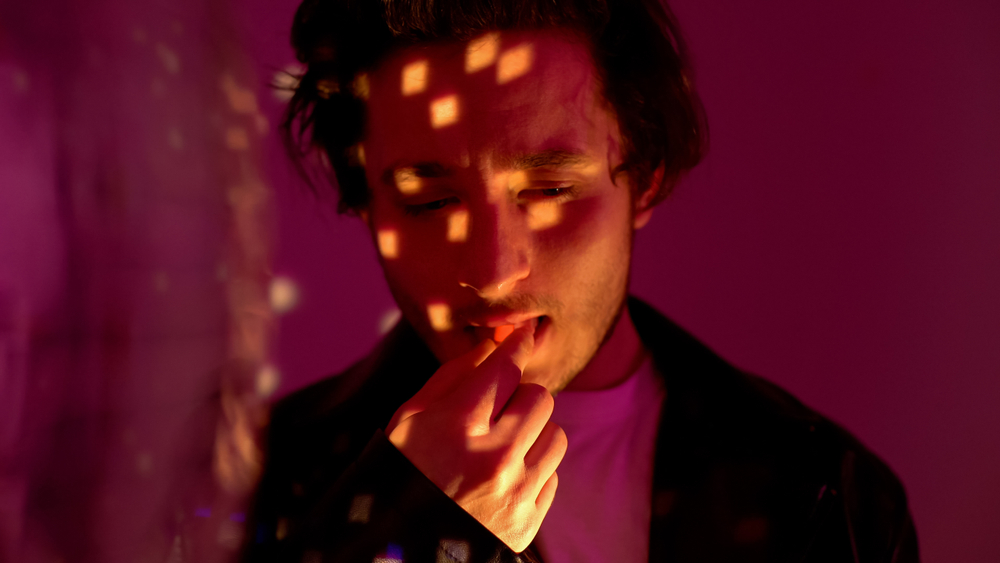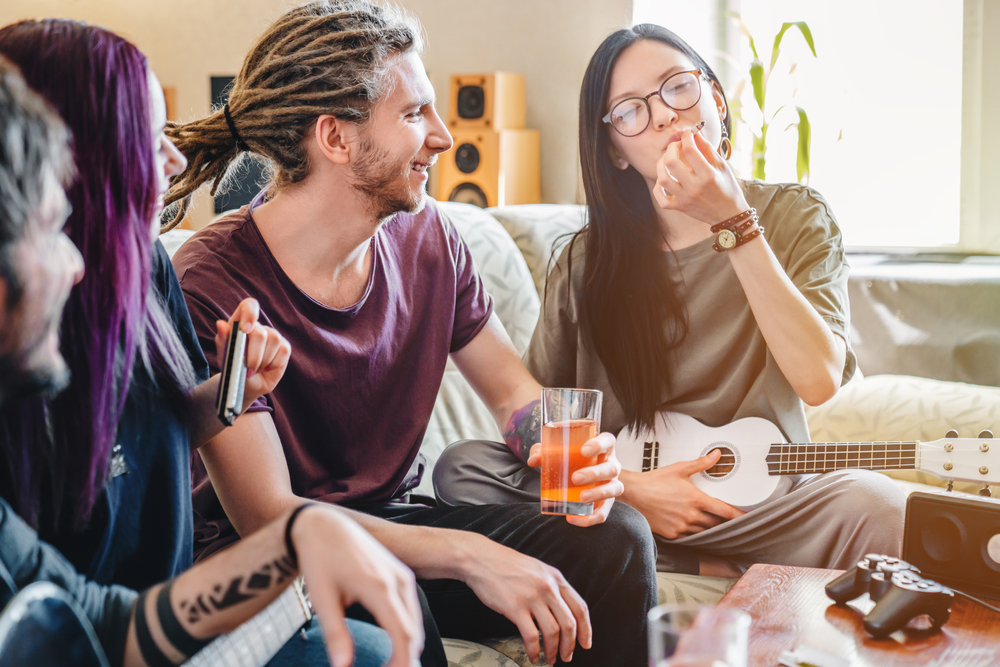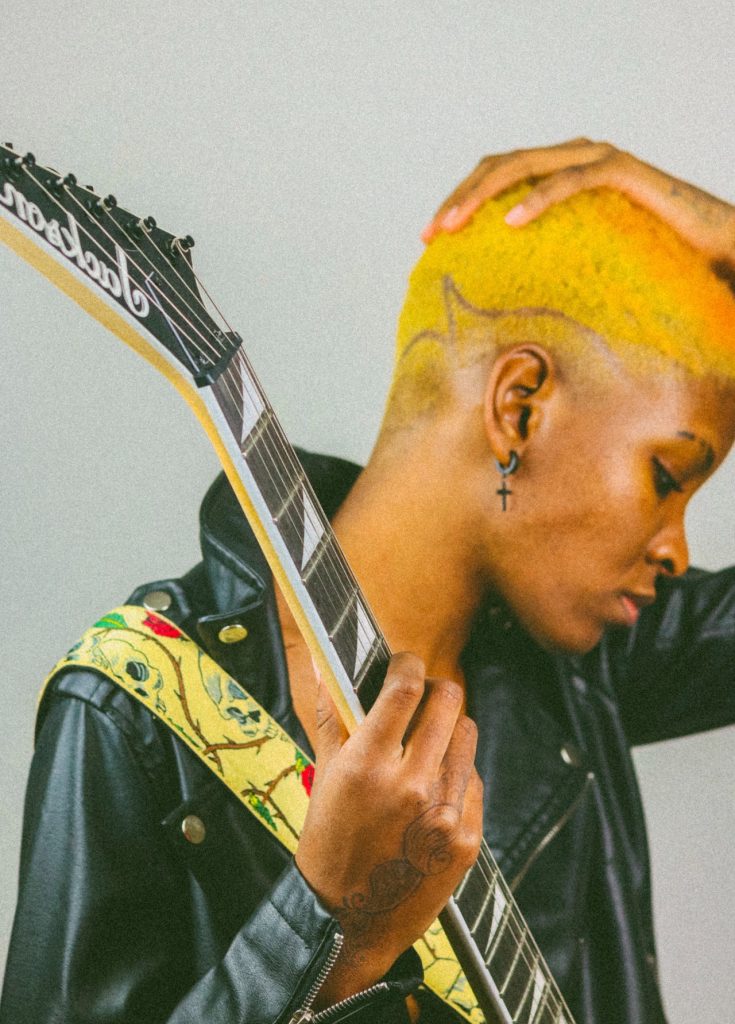What Are the Most Popular Drugs Used at Music Festivals?
Drug use is rampant at music festivals due to the carefree atmosphere and the availability of drugs. Many people view drug use as a part of the festival experience and feel that it enhances the music and the overall atmosphere. The overall atmosphere of festivals can make it difficult to “dance safe.”
However, drug use can also lead to negative consequences, such as bad trips, overdoses, and arrests. According to the National Institute on Drug Use, drug use can also trigger or worsen mental health disorders. As a result, individuals need to be aware of the risks associated with drug use before they choose to use drugs at a music festival. Health care is not and should not be top-of-mind when attending a music festival but drug use makes future health care issues a problem.
Popular Drugs Used At Festivals
According to a Drugabuse.com study of 976 people in the United States, 53% of those attending live music events admitted to using illicit drugs or alcohol, with more than 93% consuming alcoholic beverages. Additionally, about 40% of festival goers used marijuana at live music events, followed by 8% who each used hallucinogens or MDMA.
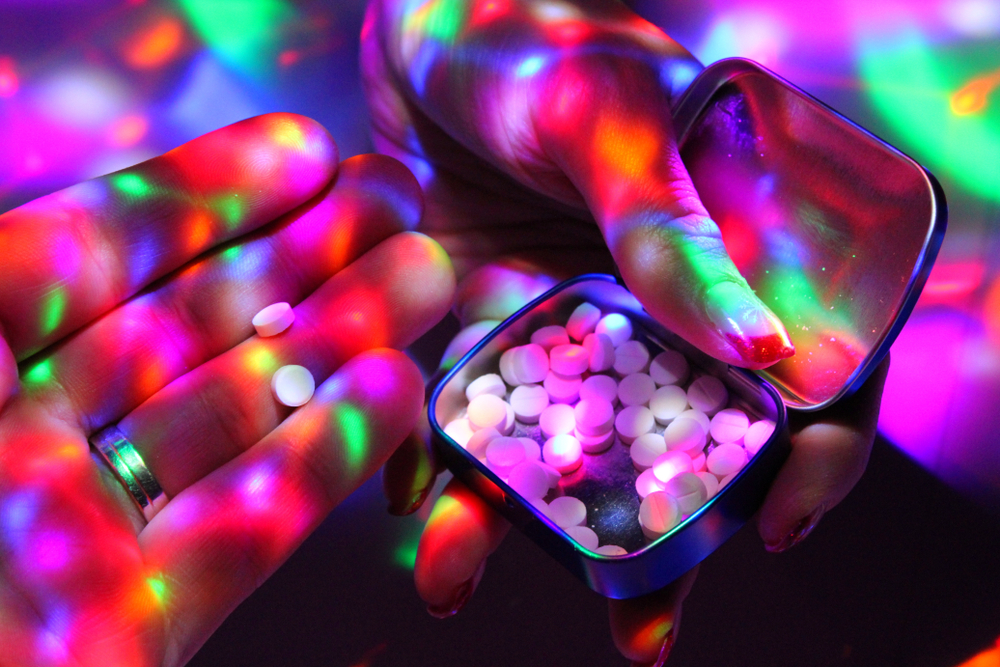
Here are some of the most popular drugs used at music festivals:
- Alcohol: Alcohol is legal and easily accessible, making it a common choice for many partygoers. Drinking alcohol is mostly considered part of the festival experience.
- MDMA: MDMA, or 3,4-methylenedioxymethamphetamine, is a synthetic drug that produces feelings of euphoria and increased energy. It is often sold in tablet form and is sometimes known as "ecstasy" or "molly."
- Ketamine: Ketamine is a hallucinogenic dissociative drug that can produce out-of-body experiences. It is sometimes used as a party drug due to its ability to produce psychedelic effects. It is also used as a date rape drug.
- LSD: LSD (lysergic acid diethylamide) is a powerful psychedelic drug that can cause visual and auditory hallucinations.
- Marijuana: Marijuana (cannabis) is a psychoactive drug that can produce feelings of relaxation and euphoria.
- Psilocybin mushrooms: Psilocybin mushrooms (psilocybin fungi) are psychedelic drugs that can cause visual and auditory hallucinations.
Each of these drugs produces different effects, depending on the individual's physiology, the dose taken, and the person's state of mind. While some people may enjoy the effects of these drugs, others may find them uncomfortable or frightening. Keep in mind that each person reacts differently to drugs, so it is important to be cautious when taking any substance.
Most Intoxicated Live Music Event Genres
The study by drugabuse.com also found that festival goers abused drugs or alcohol more in some music event genres than in others.
In the study, EDM, heavy metal, and alternative music events had the highest percentage of people who drank alcohol or used drugs, with 67.5%, 52.2%, and 60.6%, respectively. Indie rock and reggae were also found to be relatively high on the list, with 60.2% and 60.0% of respondents saying they had used alcohol or drugs in the events. Classical and Rock music events had the lowest, with 39.8% and 39.6%.
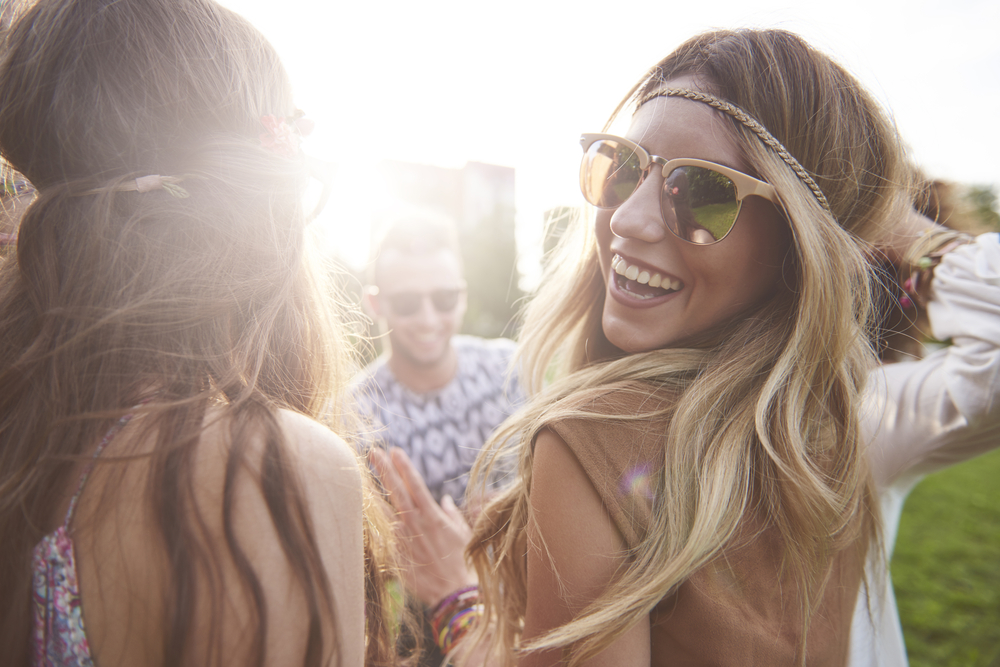
Consumption at Concerts
Here is a quick look at consumption at concerts per substance, according to Drugabuse.com
| Popular Substance at Events | Prevalence in Music Events | Percentage |
| Alcohol | AlternateHeavy MetalEDM | 57.6%56.2%54.9% |
| Marijuana | ReggaeHip-Hop/RapEDM | 33.3%29.6%29.3% |
| MDMA (Ecstasy/Molly) | EDMReggaeIndie Rock | 25.6%4.8%3.0% |
| Hallucinogens | EDMIndie RockHeavy Metal | 9.8%4.8%3.8% |
| Cocaine | EDMHip-Hop/RapBlues | 8.5%3.3%2.9% |
| Opioids | Hip-Hop/RapEDMReggae | 2.6%2.4%2.4% |
Why Do People Use Drugs at Festivals?
While the use of drugs is certainly not limited to festivals, several factors can contribute to drug use at these events.
Anonymity
The anonymous and often crowded nature of festivals can make it easier for people to buy and use drugs without being detected.
Availability of Drugs
The availability of drugs at festivals is usually higher than at other events, as dealers know that there will be a demand for their products. Besides, things like alcohol are often heavily promoted in such events since manufacturers usually sponsor.
Peer Pressure
Peer pressure is often a factor, as people feel pressured to conform to the behaviors of those around them.
Just for Fun
Many people use drugs as a way to let loose and have fun. The relaxed atmosphere of a festival can make it seem like an ideal time to try new things. Others use drugs to try to stay awake and not miss out.
Enhance the Experience
For some people, taking drugs is also a way to enhance their music experience. Certain substances can cause colors and sounds to seem more intense, leading to a more immersive and enjoyable experience.
Makes Sharing Space Easier
Drug use can make sharing space with large groups of people easier. In crowded environments, drugs can help to reduce anxiety and promote feelings of social connectedness.
Some people also use drugs to self-medicate, relieving anxiety or boredom. However, it is important to remember that drug use comes with risks. Overdosing or mixing drugs can lead to serious health problems and even death.
Dangers of Using Drugs at Music Festivals
Drug use is common at these events and can lead to serious side effects. Ecstasy, for example, can cause dehydration, overheating, and heart problems. Club drugs like ketamine and GHB can cause vomiting, hallucinations, and blackouts. And marijuana use can impair your judgment and coordination.
There's also a risk of combining drugs in dangerous ways. For example, one might drink alcohol to quench the thirst from ecstasy use. According to the Alcohol and Drug Foundation, such mixing masks the impact of ecstasy and can lead to accidental overdose and death.
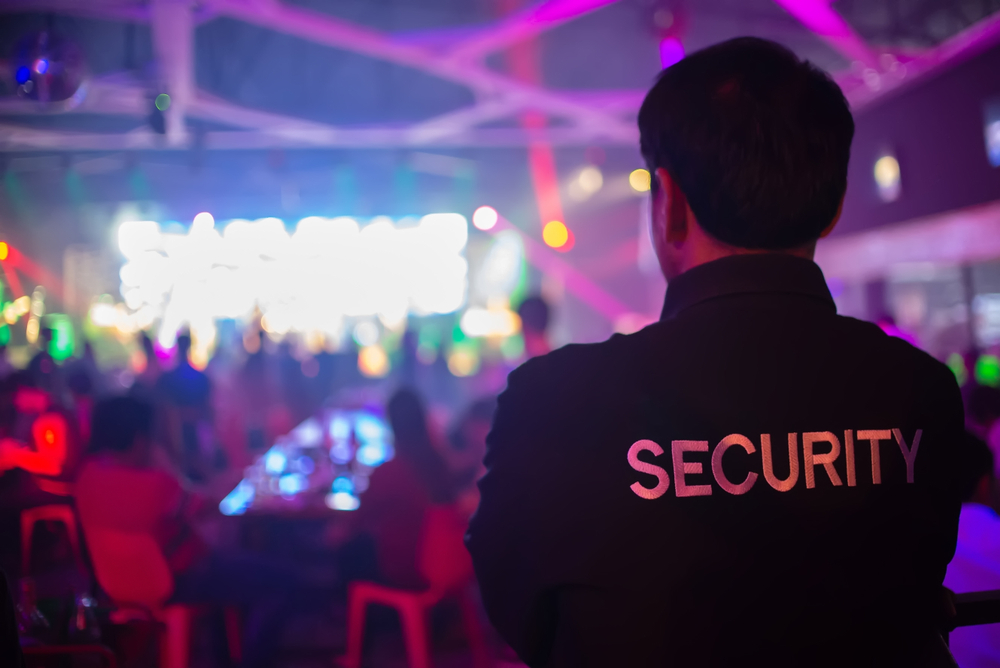
There are also increasing cases of drugs being cut with other substances, which can make them more potent and dangerous. For example, cocaine may be cut with fentanyl, a powerful opioid that can be deadly even in small amounts. MDMA may be cut with n-ethylpentylone, a psychoactive drug linked to adverse effects such as anxiety and paranoia.
In addition, drugs like MDMA can cause dehydration and overheating, which can be dangerous in a crowded and chaotic environment like a music festival. Because of the drug-related harm involved, it is important to be aware of the dangers of using drugs at music festivals and ensure that you stay safe if you attend one of these events.
Ways to Stay Safe At Music Festivals
If you choose to use drugs at a music festival, you can utilize some harm reduction approaches to reduce the risks.
- Use drugs in moderation and start with small doses.
- Drink plenty of water and take breaks in cool areas. Staying hydrated can help prevent overheating.
- Avoid mixing drugs, as this can lead to dangerous interactions.
- Do not accept drugs from strangers, as you don't know what they contain.
- Be aware of your surroundings and keep an eye on your drink to avoid being drugged.
- If you feel like you're struggling, seek help from a friend or medical professional.
How to Attend a Music Concert Without Participating in the Substance Use Culture
Just because substance abuse is common at music festivals doesn't mean you have to participate. There are plenty of ways to enjoy these events without using drugs or alcohol. You can choose to attend smaller, local events that may be less likely to involve drug use. Alternatively, you can look for festivals that focus on specific genres of music, such as jazz or folk, which tend to attract a more mature crowd.
You can also take steps to create a drug-free environment at a festival. If you're camping, for example, you can choose to stay in a designated sober camping area. And if you see someone who looks like they're struggling, don't be afraid to reach out and offer help.
Music festivals can be a great way to enjoy your favorite artists and explore new genres of music. But it's important to be aware of the risks of drug use at these events. By being informed and taking precautions, you can stay safe and have a great time without putting yourself, and public health at risk.
